As the sun rises on November 29, 2023, anticipation fills the air in the financial markets. The morning brings a wave of optimism as futures for the three major U.S. stock indices show a collective surge. The Dow Jones Industrial Average futures climb by 0.10%, while the S&P 500 and Nasdaq follow suit with respective increases of 0.32% and 0.40%. This positive energy extends beyond U.S. borders, as evidenced by mixed performances in European markets, where the German DAX index rises by 0.23%, the British FTSE 100 dips slightly by 0.07%, and the French CAC 40 sees a modest gain of 0.10%. Meanwhile, the pan-European Euro Stoxx 50 index is up by 0.06%. Such fluctuations reflect not just market sentiment, but also geopolitical dynamics and economic forecasts that investors keep a close eye on.
However, amidst this optimism, attention is drawn to the commodities market, where WTI crude oil prices have seen a slight decrease of 0.39%, settling at $68.45 per barrel. Similarly, Brent crude is trading down by 0.73% at $72.25. This volatility in oil prices often stems from a complex interplay of supply chain issues, geopolitical tensions, and shifting demand patterns as economies adapt to post-pandemic realities.
Today also marks an important date on the American retail calendar. Known as Black Friday, the day following Thanksgiving holds significant implications for retailers and consumers alike. With the U.S. stock market closing three hours early today at 2:00 AM Beijing time, retailers are gearing up for what they hope will be a successful day. The National Retail Federation has predicted an uptick in the number of shoppers, forecasting that around 85.6 million consumers will venture into stores, up from 76 million last year. Yet, the landscape remains challenging as consumers grapple with inflationary pressures and an increasingly scarce shopping window of just 26 days between Thanksgiving and Christmas, compared to the more leisurely 31 days included in last year’s shopping season.
The Black Friday phenomenon has evolved, with stores opening their doors at various times of the day. J.C. Penney aims to seize the opportunity by welcoming shoppers at 5 AM, while other major retailers such as Best Buy, Lowe’s, and Home Depot plan to open at 6 AM, and Costco, TJ Maxx, IKEA, and Sephora at staggered times between 7 AM and 10 AM. This competition among retailers illustrates the strategic planning involved in an increasingly competitive retail environment.
In the currency exchanges, the U.S. dollar is facing pressure, on track to post its worst weekly performance since August. With investors reevaluating their strategies, the Bloomberg dollar index has seen a decline of 0.2% today, contributing to a cumulative drop of 1.1% for the week. The dollar's struggle is evident against several major currencies, most notably against the Japanese yen. Tariff threats have also cast a shadow over the financial markets, exacerbated by the nomination of Scott Bessent for the next U.S. Treasury Secretary, which has led to declining U.S. yields and stifling dollar momentum.
Upon taking office, Bessent will encounter formidable challenges. Initially greeted with a wave of optimism by Wall Street, his tenure may quickly shift to one marked by significant hurdles. His role will require not just soothing market concerns but also advocating for potentially unorthodox economic strategies. The decision made on Monday to impose a 25% tariff on "all products" from Mexico and Canada clearly highlights the complexities that lay ahead. Should he continue down this path, it risks destabilizing relationships with importers who favor a more gradual approach to tariff implementation. In the wake of these developments, his statements regarding tariffs and the Federal Reserve will likely be scrutinized closely.
On a more optimistic note, Barclays has joined the ranks of bullish analysts predicting continued upward momentum for U.S. equity markets. They anticipate that the S&P 500 will rise to 6,600 points in the coming year, attributing this projection to a robust economic recovery and strong corporate earnings. Their forecast entails a 10% increase, slightly tempered compared to the 26% rise observed this year. Spearheaded by Venu Krishna, Barclays' U.S. stock strategy team emphasizes the potential for growth propelled by strong technology sector earnings and economic resilience.
Another intriguing trend is what some are calling the "hot money" influx into cryptocurrency markets. The optimism surrounding U.S. regulations supporting digital currencies has propelled Bitcoin to the brink of the historic $100,000 mark. Additionally, upcoming U.S. Bitcoin exchange-traded funds (ETFs) are set to achieve record monthly inflows, with $6.2 billion attracted as of November. This marks a significant uptick from the $6 billion peak reached in February when investor enthusiasm was at a high. The recent promise to cease regulatory crackdowns on cryptocurrencies has further buoyed market sentiments, paving the way for the establishment of a robust U.S. cryptocurrency strategy.
Turning to the retail front, MINISO (MNSO.US) continues to shine bright with its impressive expansion. The global retailer recently surpassed 7,400 stores worldwide and reported a remarkable 23% year-on-year growth in revenue for the first three quarters of 2023. In their third-quarter earnings report, they revealed a 19.3% revenue increase to 4.52 billion yuan, along with a gross margin of 44.9%, up 3.1 percentage points from last year. With over 7420 global stores open and a net gain of 859 locations this year alone, the brand continues to capitalize on its successful expansion strategy.
In the realm of legal challenges, Google (GOOGL.US) finds itself under scrutiny from Canadian antitrust regulators, who have initiated a lawsuit alleging anti-competitive practices in the online advertising space. The Canadian Competition Bureau claims that Google has engaged in illegal bundling of its advertising technology tools to maintain its market prominence. As such, they are seeking court orders for Google to divest its publisher ad server, DoubleClick for Publishers, and its ad exchange platform, AdX. This legal proceeding underscores the ongoing concerns regarding market monopolies and the regulation of big tech companies, a topic gaining traction globally.
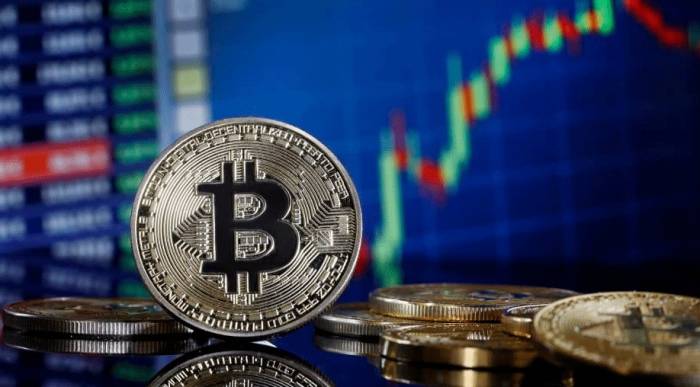








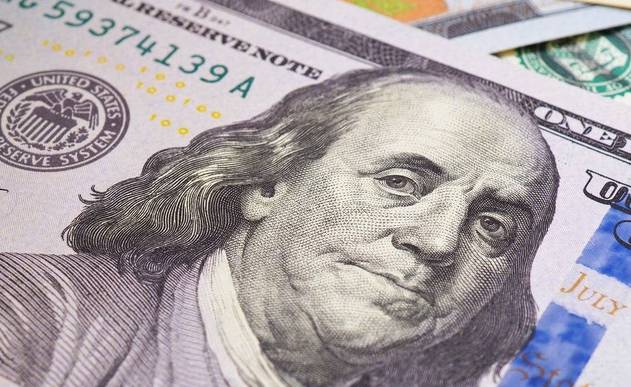




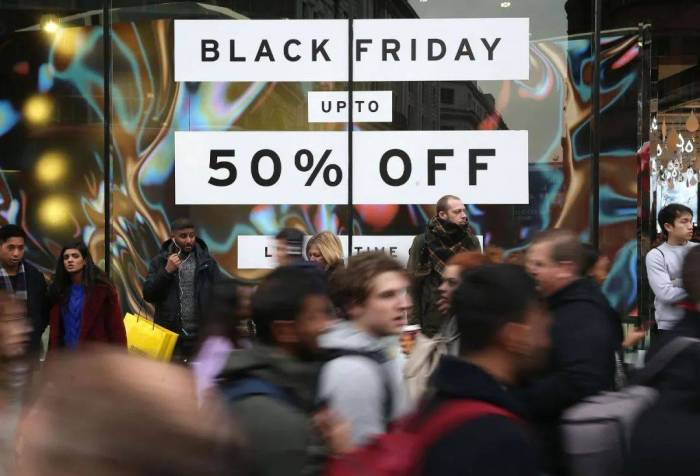
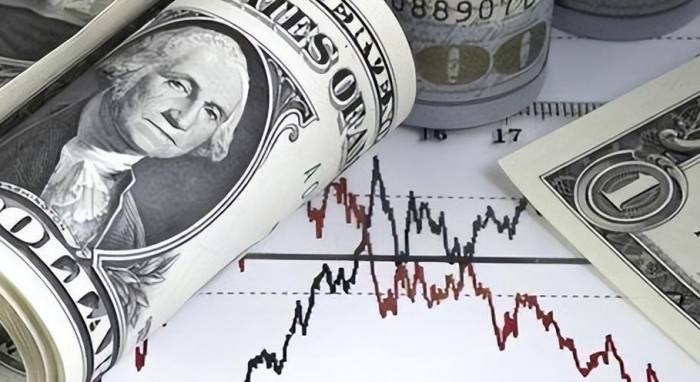



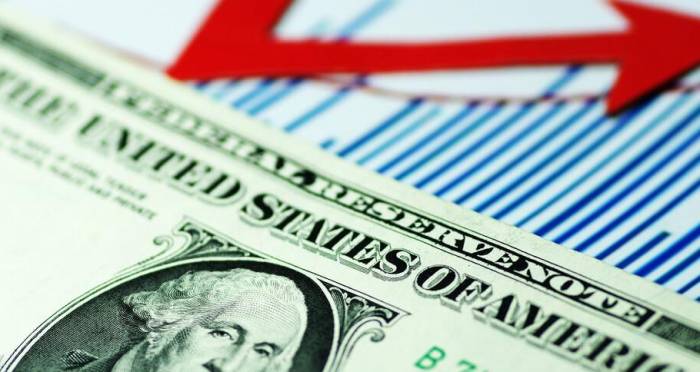










Leave a Comment